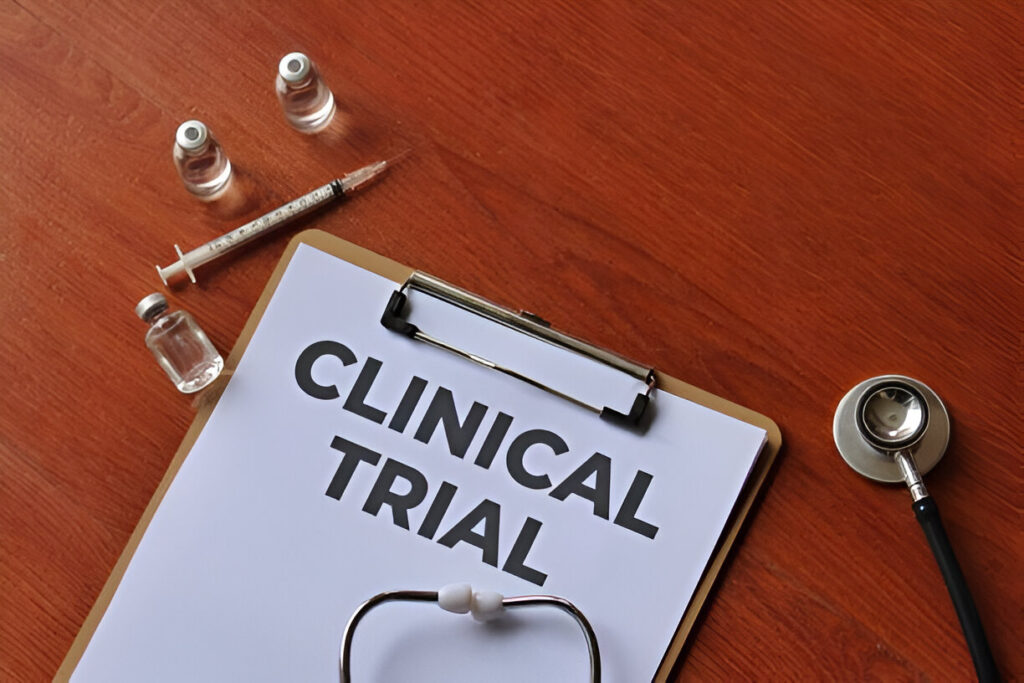Table of Contents
- What Are Clinical Trials?
- Addressing Common Safety Concerns
- Regulatory Oversight Ensures Participant Safety
- Screening and Informed Consent
- Monitoring During Studies
- Benefits Versus Risks
- Questions to Ask Before Enrolling
- Current News and Developments in Clinical Trials
- Conclusion: Making an Informed Decision
What Are Clinical Trials?
Clinical trials are research studies conducted in people aimed at evaluating a medical, surgical, or behavioral intervention. They are the primary way researchers determine if a new treatment—such as a medication, vaccine, or device—is safe and effective in humans. Clinical trials typically unfold in multiple phases, each designed to answer specific research questions while incrementally ensuring participant safety.
These studies are the backbone of modern medicine, enabling new therapies to reach patients and providing breakthroughs in care and cures. If you’re considering participation and are wondering, are clinical trials safe? Rest assured that significant measures are in place worldwide to protect every participant. Beyond safety, clinical trials often give participants access to cutting-edge treatments before they are widely available. They also contribute valuable data that can improve care for future generations. By volunteering, individuals play a crucial role in advancing medical knowledge and shaping the future of healthcare.
Addressing Common Safety Concerns
Safety is often the top concern for prospective clinical trial volunteers, and it’s natural to feel cautious about new interventions. Common concerns include the possibility of unknown side effects, the fear of receiving a placebo instead of an active treatment, and worries about being treated like a “guinea pig.” While no study can guarantee a complete absence of risk, protocols are meticulously designed to minimize uncertainties, building on years of laboratory and animal testing before involving humans.
It’s a misconception that participants are left on their own during a trial. In reality, volunteers receive rigorous oversight, regular health assessments, and immediate action if any adverse effect arises.
Regulatory Oversight Ensures Participant Safety
Around the world, clinical trials are governed by strict regulations enforced by national and international authorities, such as the U.S. Food and Drug Administration (FDA), the European Medicines Agency (EMA), and local Institutional Review Boards (IRBs). These entities scrutinize every study protocol before approval, requiring ethical justification, safety data, and rigorously defined monitoring plans. IRBs include doctors, scientists, and community members who independently evaluate risks and safeguards, ensuring participant welfare remains a top priority.
Screening and Informed Consent
Before anyone becomes a participant in a clinical trial, a thorough screening process is conducted. Researchers assess whether the study is suitable for you based on your medical history, age, and current health status. This careful matching helps reduce the likelihood of unexpected complications and ensures the study’s results are reliable.
Informed consent is an essential element of every trial. Participants are presented with comprehensive information about what the study involves, including possible risks and benefits, as well as their rights—including the right to leave the trial at any time. Only after all questions are answered and the individual feels comfortable is consent requested. This process empowers volunteers to make informed, voluntary choices about their involvement.
Monitoring During Studies
Throughout the duration of a clinical trial, participant safety is monitored continuously. This includes regular health assessments, laboratory tests, and check-ins to catch any side effects early. Any adverse events—unexpected medical problems—must be reported immediately to the overseeing board and, in many cases, to national authorities.
For example, during the COVID-19 vaccine trials, some volunteers reported mild or moderate reactions, such as fatigue and pain at the injection site. The study staff promptly addressed these issues and communicated them transparently to regulators and the public. Ongoing monitoring enables real-time course corrections to safeguard participant health.
Benefits Versus Risks
Deciding to join a clinical trial comes with rewards and responsibilities. Potential benefits include early access to promising new treatments, comprehensive medical care throughout the study, and the opportunity to make a meaningful contribution to future medical breakthroughs.
However, risks do exist. Participants may experience side effects, the treatment may prove less effective than standard care, or schedules may be demanding. It’s important to weigh both sides carefully, considering your personal medical history and study details. Thoroughly discussing with healthcare providers and the trial team will help you make a decision that matches your situation.
Questions to Ask Before Enrolling
- What is the main purpose of this study?
- What are the risks and potential benefits?
- Who is responsible for my care during the trial?
- How long will the study last?
- What happens if I want to withdraw?
- Will I receive compensation or reimbursement for expenses?
- How are side effects or adverse events handled?
- What alternative treatments are available?
- Will I be informed of the trial results?
Current News and Developments in Clinical Trials
The COVID-19 pandemic brought clinical trials into the global spotlight, increasing awareness and boosting public engagement. Safety protocols were scrutinized publicly as thousands of volunteers contributed to history-making vaccine trials. These events demonstrated both the scientific rigor and the capacity to respond quickly to emerging health needs. Advances such as remote monitoring, digital health records, and adaptive trial designs are now making participation both safer and more flexible.
For an example of how safety and efficacy have been prioritized in recent trials, explore the NIH’s coverage of assessing the safety and efficacy of COVID-19 vaccines in clinical trials. This resource explains regulatory approval processes and the lessons learned that are shaping the future of clinical research.
Conclusion: Making an Informed Decision
When considering participation in a clinical trial, knowledge is your best asset. While some risks are inherent, the layers of protection, oversight, and support in place today have never been stronger. By understanding the process, asking the right questions, and leveraging trusted resources, you can make the decision that’s best for your health and future.


